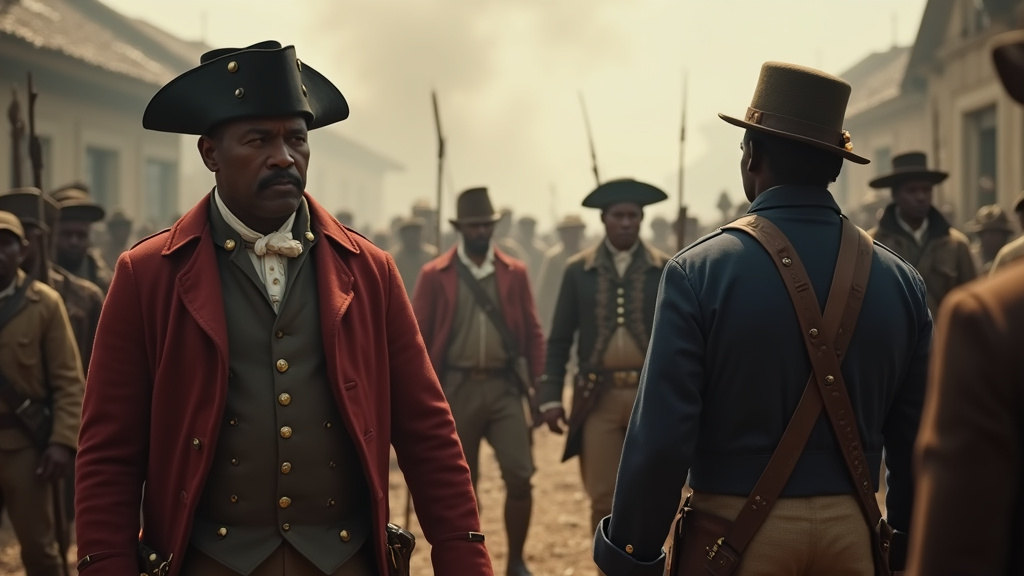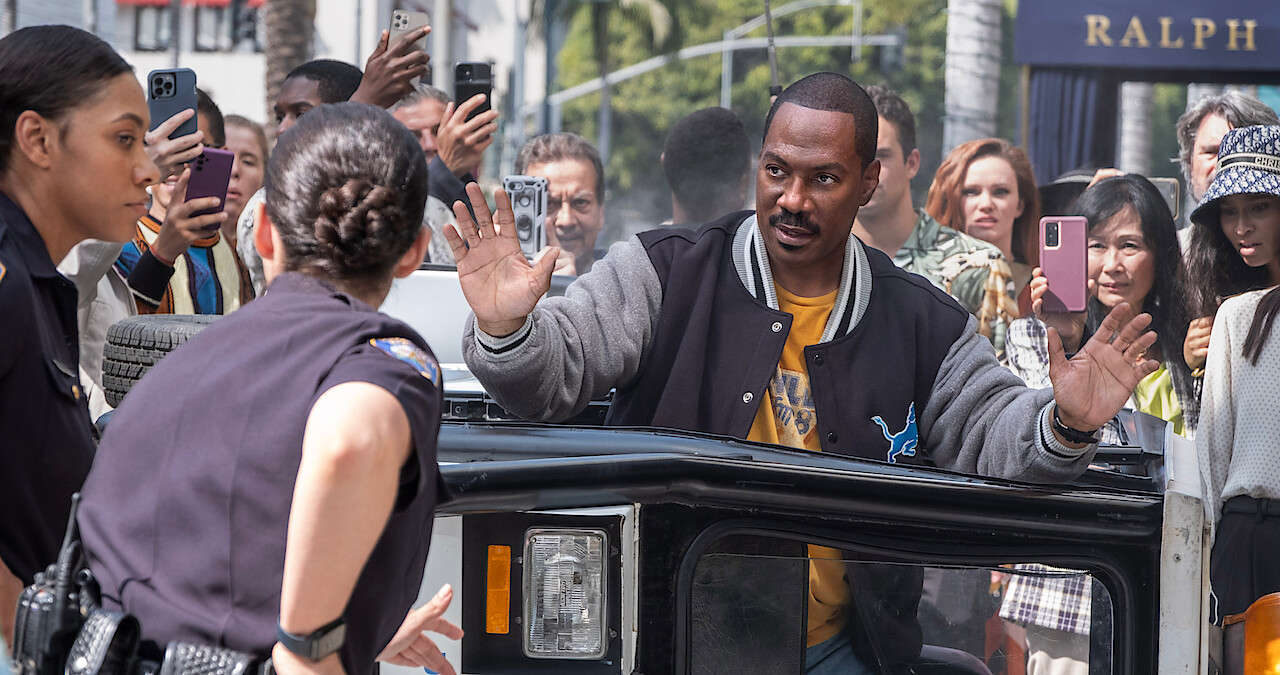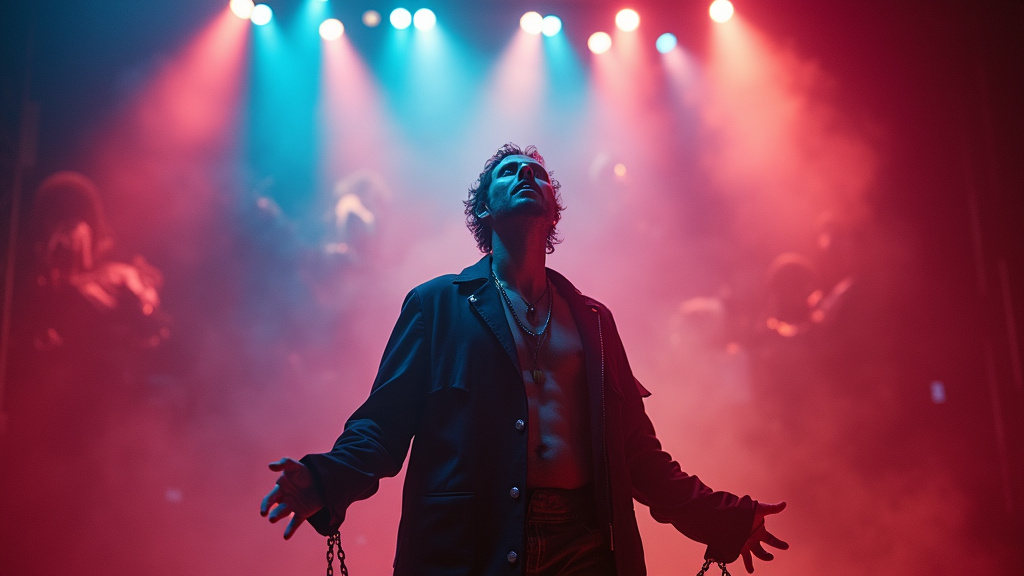Legendary musician Neil Young has announced his intention to remove his extensive music catalog from Amazon’s streaming service, escalating his ongoing critique of major corporations and their perceived impact on American society. The iconic artist, known for his passionate activism and principled stands, revealed the move in a recent post on his Neil Young Archives website, urging fans to join him in boycotting the e-commerce giant and its subsidiary, Whole Foods.
A Call to Boycott Amazon and Whole Foods
In a clear and direct message posted around October 8, 2025, Young declared, “FORGET AMAZON AND WHOLE FOODS. FORGET FACEBOOK. BUY LOCAL. BUY DIRECT.” He explicitly stated his belief that Amazon founder Jeff Bezos’s support for the current U.S. administration means the company “does not support you or me.” Young’s statement further elaborated on his reasons, asserting that “big corporations who have sold out America” are contributing to a “Corporate Control Age.” He implored his fanbase to take a stand, stating, “We all have to give up something to save America from the Corporate Control Age it is entering.” The artist contended that these corporations’ actions have led to the shutdown of government services, impacting citizens’ income, safety, and health security, and urged a return to supporting local businesses and communities. As of midday on October 10, 2025, Young’s music remained available on Amazon’s Canadian platform, but his announcement indicated this would change “soon.”
A History of Digital Protests
This latest action follows a well-documented pattern of Neil Young challenging digital platforms on ethical grounds. In January 2022, the acclaimed music artist made headlines for pulling his entire music catalog from Spotify. His protest was a direct response to the streaming service hosting “The Joe Rogan Experience,” a podcast he accused of spreading misinformation about COVID-19 vaccines. Young famously issued an ultimatum to Spotify: “They can have Rogan or Young. Not both”.
However, Young later announced his return to Spotify in March 2024. He explained that Apple Music and Amazon had also begun featuring similar podcasts that propagated disinformation, leaving him with few streaming outlets for his music. “I cannot just leave Apple and Amazon, like I did Spotify, because my music would have very little streaming outlet to music lovers at all,” he stated at the time. This pragmatic decision allowed him to maintain a presence on major platforms while still voicing his concerns.
More recently, in August 2025, Young also severed ties with Facebook and Instagram. This decision stemmed from revelations that Meta’s AI chatbots were permitted to engage in “romantic or sensual” conversations with children, which he deemed “unconscionable”. This ongoing pattern demonstrates Young’s consistent commitment to aligning his professional activities with his personal ethics, even when it involves significant platforms that host his music.
The Broader Message: Prioritizing Community
Young’s current stance against Amazon is not merely about digital music distribution; it’s a broader indictment of unchecked corporate power and its influence on society and government. By urging fans to “buy local” and “support your community,” the artist is advocating for an economic model that he believes fosters greater societal well-being and national integrity. This message resonates with a growing sentiment among some consumers to re-evaluate their relationship with large corporations in favor of smaller, community-focused businesses. The news from the legendary artist serves as a significant reminder of the ongoing dialogue surrounding corporate responsibility and the power of individual consumer choices.
Implications and Future Actions
It remains to be seen whether Young’s protest will extend beyond Amazon’s streaming service to encompass physical products sold on the retail giant’s platform. However, his vocal opposition and the call for a boycott signal a continued willingness by the major artist to leverage his influence for causes he champions. His actions are likely to spark further discussion about the ethical responsibilities of both streaming services and major retailers in the digital age, and how artists navigate these complex ecosystems while attempting to stay true to their principles.














